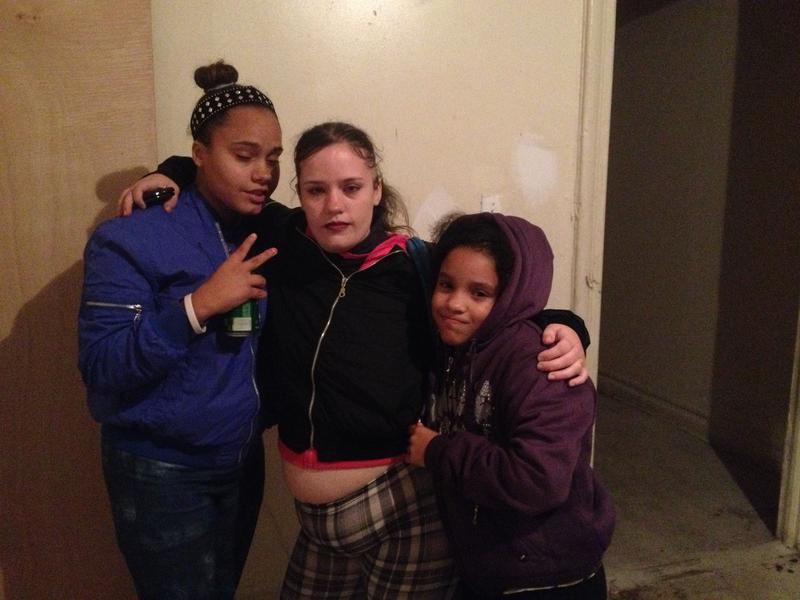
After three years in the city's shelter system, Nicole Smith and her four kids feel excited about a change they hope is coming their way.
“I got the letter last month,” said Smith, 33.
Smith got a rental subsidy, the city’s new program for homeless families with children, which the de Blasio administration quietly started rolling out in September.
Currently, 12,000 families with children are in shelters, and the subsidies are an essential part of the effort to lower that number.
The program is designed for three groups: domestic violence victims like Smith; families where at least one member works full time; and chronically homeless families. They’ll contribute 30 percent of whatever income they have toward rent and the city will cover the rest.
“We believe that with this program we can exit thousands of families into permanency,” said Camille Rivera, deputy commissioner for communications at the Department of Homeless Services.
The city plans to move 4,000 families out of shelters. So far, 1,000 families have received vouchers. They have three months to find an apartment, but that’s proving to be difficult. Smith says she’s been in touch with 30 to 40 landlords who said they don’t know enough about the new program to accept it.
Katrina Redish, who lives in another shelter in the Bronx, also got a rental subsidy, because her daughter works full time. She says she called every broker on the list she got from DHS, but hasn’t been able to find any interested landlords.
“Me and my kids were so excited, and we excited for nothing, because we got until Dec. 3rd to find an apartment with this program,” she said. “I’m beyond worried. I need someone to help me.”
DHS said some clients will get three more months to find an apartment. But landlords say they were burned when the city and state ended the last rental subsidy program in 2011, leaving them with thousands of tenants who could no longer afford to pay rent.
Mitchell Posilkin, general counsel for the Rent Stabilization Association, the largest landlord organization in the city, said his advice to his members on the new subsidy is simple.
“Our advice to them is essentially the old Latin expression of caveat emptor, which is buyer beware,” he said. “Until we are … convinced by the city that the risks of these programs are worth assuming, we are telling our members to proceed with caution.”
The city has held six forums for landlords and is offering a little more encouragement: $1 million. Landlords who sign the first 1,000 leases will get $1,000 per unit. And it will also provide up to $3,000 if tenants don’t pay their rent or if they damage apartments. City Councilman Stephen Levin, who chairs the General Welfare Committee, said the stakes with the new subsidy are high.
“Failure is not an option here, because if this doesn’t work, we would be in incredibly dire straits,” he said.
